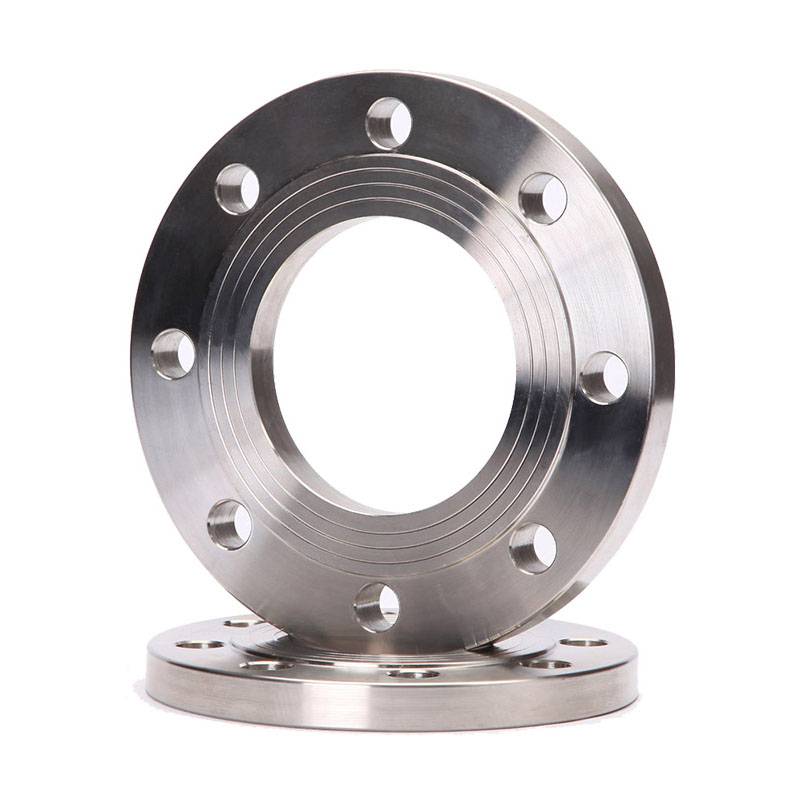-
Cangzhou Yulong Steel Co., Ltd.
-
Phone:
+86 13303177267 -
Email:
admin@ylsteelfittings.com
- English
- Arabic
- Italian
- Spanish
- Portuguese
- German
- kazakh
- Persian
- Greek
- French
- Russian
- Polish
- Thai
- Indonesian
- Vietnamese
- Zulu
- Korean
- Uzbek
- Hindi
- Serbian
- Malay
- Ukrainian
- Gujarati
- Haitian Creole
- hausa
- hawaiian
- Hebrew
- Miao
- Hungarian
- Icelandic
- igbo
- irish
- Japanese
- Javanese
- Kannada
- Khmer
- Rwandese
- Afrikaans
- Albanian
- Amharic
- Armenian
- Azerbaijani
- Basque
- Belarusian
- Bengali
- Bosnian
- Bulgarian
- Catalan
- Cebuano
- China
- China (Taiwan)
- Corsican
- Croatian
- Czech
- Danish
- Esperanto
- Estonian
- Finnish
- Frisian
- Galician
- Georgian
- Kurdish
- Kyrgyz
- Lao
- Latin
- Latvian
- Lithuanian
- Luxembourgish
- Macedonian
- Malgashi
- Malayalam
- Maltese
- Maori
- Marathi
- Mongolian
- Myanmar
- Nepali
- Norwegian
- Norwegian
- Occitan
- Pashto
- Dutch
- Punjabi
- Romanian
- Samoan
- Scottish Gaelic
- Sesotho
- Shona
- Sindhi
- Sinhala
- Slovak
- Slovenian
- Somali
- Sundanese
- Swahili
- Swedish
- Tagalog
- Tajik
- Tamil
- Tatar
- Telugu
- Turkish
- Turkmen
- Urdu
- Uighur
- Welsh
- Bantu
- Yiddish
- Yoruba

Sep . 03, 2024 20:58 Back to list
api 5l x60 psl2 specification
Understanding API 5L X60 PSL2 Specification
The API 5L X60 PSL2 specification is crucial in the pipeline engineering sector, particularly for the transportation of natural gas, petroleum, and water. This standard, developed by the American Petroleum Institute (API), sets requirements for the manufacturing and testing of steel pipes that are used in pipe systems for the transmission of fluids under high pressure.
API 5L specifies the technical delivery conditions for large diameter welded and seamless steel pipes. The “X60” designation indicates a specific grade of pipe, where “X” signifies the minimum yield strength in thousands of pounds per square inch (psi). Therefore, the X60 grade implies a minimum yield strength of 60,000 psi. This strength is essential for withstanding the pressures encountered during the transportation of fluids, making these pipes suitable for high-stress environments.
The specification is divided into two product specification levels (PSL) PSL1 and PSL2. PSL1 covers the basic requirements, while PSL2 includes more stringent requirements for the chemical composition, mechanical properties, and additional testing procedures. PSL2 is often chosen in applications where higher safety and quality assurance standards are necessary, such as in offshore operations or in areas prone to earthquakes.
Key Requirements
The chemical composition and mechanical properties of API 5L X60 PSL2 pipes define their performance in various environments. For instance, the carbon content must be controlled to enhance toughness and ductility, which are critical for integrity under fatigue loading and in corrosive environments. The allowable limits for other elements, such as manganese, phosphorus, and sulfur, are also specified to ensure the pipe's durability and resistance to cracking.
api 5l x60 psl2 specification

Moreover, API 5L X60 PSL2 requires rigorous testing protocols. These include tensile tests to ensure the material can withstand expected stresses and impact tests to ascertain the pipe's toughness at specified temperatures. Additionally, non-destructive testing methods, such as ultrasonic tests, are recommended to detect any internal defects that could compromise the integrity of the pipeline.
Applications
API 5L X60 PSL2 pipes are widely used in various applications. They are extensively utilized in oil and gas companies, ensuring safe and efficient transport of crude oil and natural gas over long distances. The specifications lend themselves well to projects involving the construction of transmission pipelines for both onshore and offshore installations. Furthermore, due to their mechanical properties, these pipes are also employed in water transportation projects, making them versatile in infrastructural development.
Conclusion
In conclusion, the API 5L X60 PSL2 specification is an essential standard in the pipeline industry, delineating the requirements for high-strength steel pipes used in critical applications. Understanding these specifications ensures that companies adhere to safety and performance standards, promoting efficient and safe transport of vital resources. As infrastructure demands increase globally, knowledge of such standards will continue to be paramount for engineers and industry professionals alike.
Latest news
-
ANSI 150P SS304 SO FLANGE
NewsFeb.14,2025
-
ASTM A333GR6 STEEL PIPE
NewsJan.20,2025
-
ANSI B16.5 WELDING NECK FLANGE
NewsJan.15,2026
-
ANSI B16.5 SLIP-ON FLANGE
NewsApr.19,2024
-
SABS 1123 FLANGE
NewsJan.15,2025
-
DIN86044 PLATE FLANGE
NewsApr.19,2024
-
DIN2527 BLIND FLANGE
NewsApr.12,2024
-
JIS B2311 Butt-Welding Fittings LR/SR 45°/90° /180°Seamless/Weld
NewsApr.23,2024











